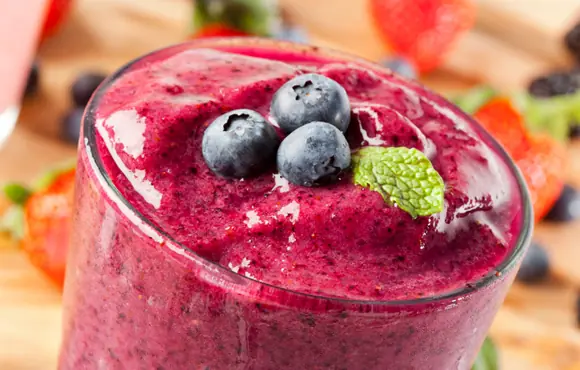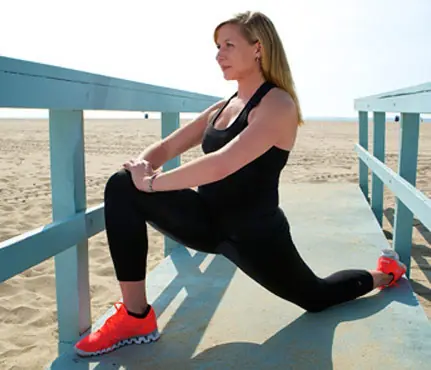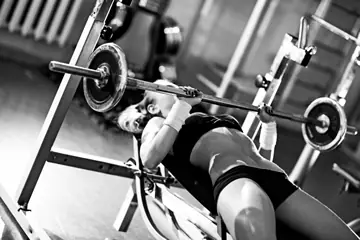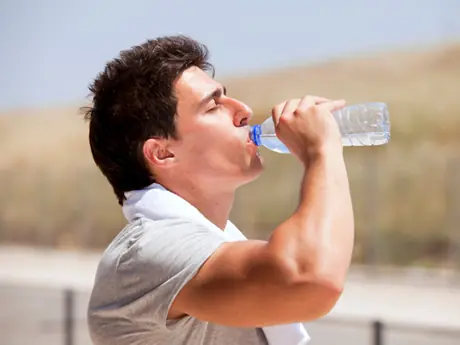"If the rate of recovery is appropriate, higher training volumes and intensities are possible without the detrimental effects of over-training," says Lance C. Dalleck with the American Council on Exercise.
Learn how to put your body in recovery model so you can be a faster, stronger and injury-free athlete.
Get the Recovery Low-Down
1 of 9
The human body is great at adapting to stress as long as that stress is applied in small doses. When the stress is too severe, or not enough recovery has preceded the new stress, injury can result.
Positive physiological adaptations to training occur when there is a correctly timed alternation between stress and recovery.
Make a Smoothie
2 of 9
Replenish your calories and add nutrients to your post-race routine with these easy and delicious smoothies.
Add a tablespoon or two of ground flaxseed for fiber, a crushed chewable vitamin C tablet, the contents of a vitamin E capsule, some protein powder, or a few leaves of a fresh herb. This will boost your intake of important vitamins and minerals to replenish your body with nutrients.
Have a High-Protein Snack
3 of 9
Without adequate protein, your muscles will take longer to recover, and some studies suggest you'll be more likely to suffer from burnout and symptoms of overtraining.
A good rule of thumb for protein requirements: consume 1 gram of protein per pound of lean body mass. In addition, experts recommend 15 to 25 grams of high-quality protein within the first few hours after working out.
Drink the Right Drink
4 of 9
"Mother Nature has given us a huge range of healthy drinks," says Molly Kimball, R.D., a sports dietitian at Ochsner Elmwood Fitness Center in New Orleans. "They're refreshing and can recharge muscles and benefit performance." And (most important) they taste good, too.
Get the Right Vitamins
5 of 9
Before rifling through the medicine cabinet, try these five naturally occurring vitamins to help speed recovery. Include them in your post-workout meal for optimal—and tasty—results.
Stretch it Out
6 of 9
If you want to stay injury-free, the best remedy is simple: stretch. But common excuses like, "I don't have time to stretch" or "I'll stretch later" prevent many from partaking in a proper cool down. In reality, you only need 5 to 10 minutes to give your muscles the love they need.
Ease Muscle Soreness
7 of 9
Runners and athletes often have their own "miracle cures" they swear by to relieve leg soreness that can crop up after a difficult or long run. But what really works to cure those aches—and what doesn't? Here's what you need to know.
Reduce Inflammation With Food
8 of 9
If you're training for an endurance event, or maintain a moderate to high level of activity, eating for recovery after workouts should become part of your normal routine (if it isn't already). Foods that possess inflammation-lowering properties can help the body recover by initiating the healing process more quickly after a hard workout.
Get ACTIVE on the Go


Couch to 5K®
The best way to get new runners off the couch and across the finish line of their first 5K.
Available for iOS | Android






Discuss This Article